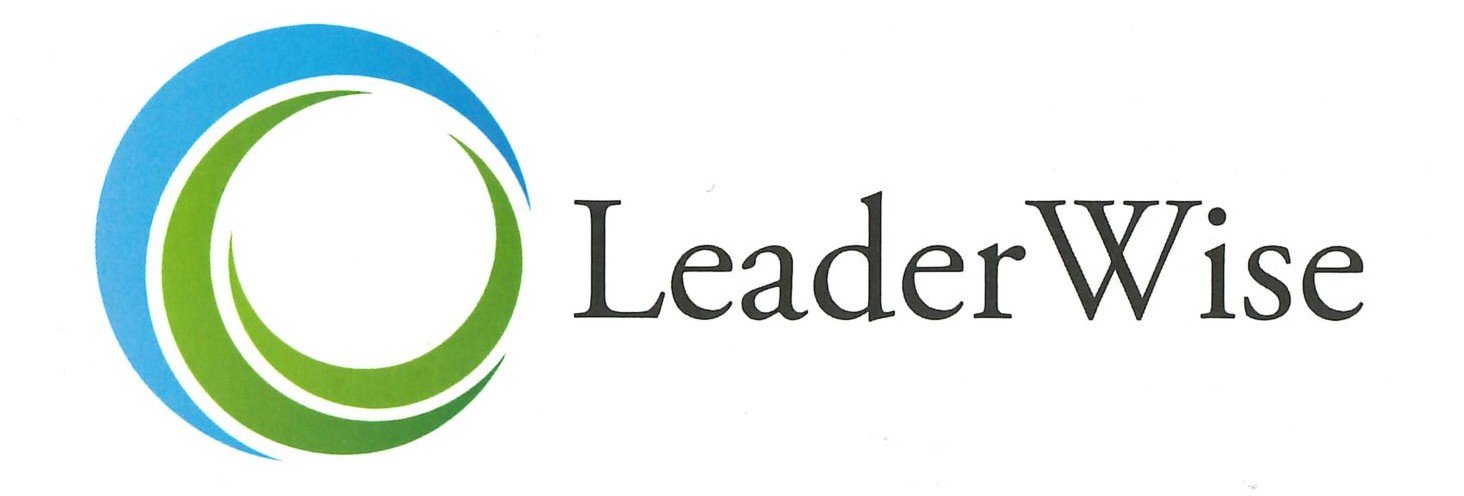Purveyors of Hope
I remember having a conversation with a friend a few decades ago. We were talking about hope, and I expressed that I thought hope was a passive stance for people who didn’t have much drive—as in, “I hope I will get a raise;” “I hope I will win the lottery;” “I hope I will be asked out on a date” (you get the idea)—and then waiting for things to happen without doing anything to make it so.
In the book The Covenant of Water by Abraham Verghese, a British doctor serving in India treats a patient for a peptic ulcer. The patient doesn’t improve, and a wise Indian advises the confused doctor to reassure the patient. The skeptical doctor tells the patient that all is well, they are cured, and soon they will be eating anything they want. By the end of the day, the patient shows signs of recovery.
OK, that may be a novel, but in the non-fiction book Making Hope Happen, the author, psychologist Dr. Shane Lopez, learns early in his career that hope is a valid treatment plan. The opening true story in the book is one in which he helps a suicidal veteran connect with a future the veteran could see, could believe in, and could see himself actually taking a baby step toward. While the psychologist was just trying to keep his patient from dying by suicide, his physical symptoms (kidney failure) also improved gradually over time without any other intervention. In effect, hope cured the veteran!
Hope is a foundational theological commitment in many (most?) world religions. But it isn’t only a religious commitment. Hope is an everyday state of being (I am a hopeful person), an emotion (I am filled with hope today), a verb (I am hoping). C.R. Snyder, a positive psychologist who developed hope theory, says that hopeful thinking is made up of goals (setting sights on something; something for which one hopes), pathways (seeing realistic steps toward that goal), and agency (believing you can take the steps). All three ingredients are needed for true hope to be present. Take away agency or pathway thinking and you’re left with a wish. That’s what I learned decades ago: that statements like “I hope I get asked to prom,” without any pathway or agency thinking (and action) are just wishes. Wishes are passive; hopes are active.
Photo by Drew Beamer on Unsplash
Those who hang around me for any length of time will hear me say that adaptive leaders are purveyors of hope. You won’t find a lot of explicit mentions of hope in the adaptive leadership literature, but it’s there if you read between the lines. Adaptive leaders (and I believe all leaders in this day need to be adaptive leaders—think evolutionary biology, NOT flexibility) look to the future and see something hopeful, then use their platform to mobilize their communities through pathway and agency thinking and communication.
A friend of mine gave me the example of Rosa Parks. It would be easy to think a Black woman living in her time wouldn’t have much reason to hope. That’s why Barack Obama called hope audacious. But Parks had a goal (a positive imagined future), saw some baby steps that were possible, and saw her own ability to do something in the process. Whatever Rosa Parks was really thinking as she sat down in the front of the bus that day and refused to move, hope for a better day—a more equal day—must have been part of her very being.
Adaptive leaders see beyond the horizon, or around the corner… they see things that are not right in front of them. Adaptive leaders by nature believe we can make progress on seemingly impossible challenges, if we break them down into manageable chunks and move with persistence and determination. Adaptive leaders believe ALL people have agency, regardless of status or title. In a nutshell, adaptive leaders are hopeful people: Hope is part of what keeps us working at the toughest challenges. And we work hard to share a hopeful message with the people in our midst—it’s part of our leadership style.
What vision is just beyond your view that you imagine for the world one day? For what do you hope? What pathways exist that you could invite others onto that move toward that vision, even if just a little bit? What agency do you have (because you do have some, no matter who you are)? Rosa Parks moved the needle on civil rights through her audacious, and yet so simple, move. What’s your next move?


